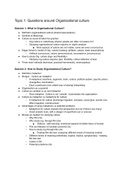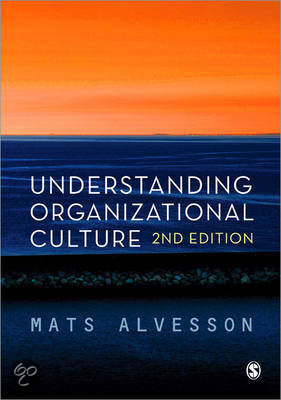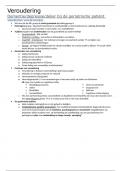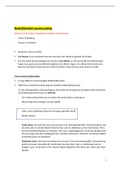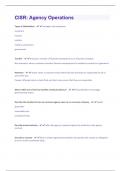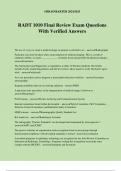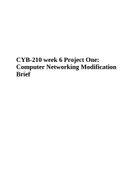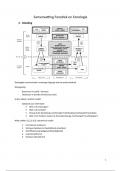Samenvatting
Summary OCC - All concepts and questions from lectures and literature
- Instelling
- Vrije Universiteit Amsterdam (VU)
Alle belangrijke concepten en vragen van de hoorcolleges en het boek "Understanding Organizational Culture" van Alvesson. Ik heb een 9 behaald. All important concepts and questions from the lectures and the book "Understanding Organizational Culture" by Alvesson. I got a 9 for the exam.
[Meer zien]
